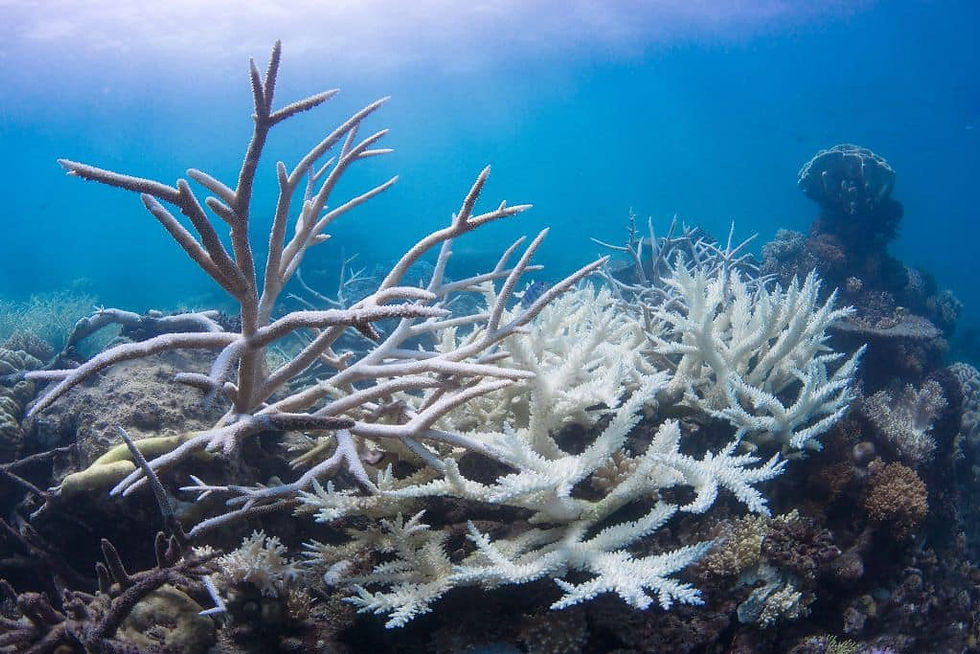World’s Largest Marine Reserve to Open for Commercial Fishing for Tuna
- Constant Tedder
- Nov 17, 2021
- 2 min read
The Phoenix Islands Protected Area has been closed to fishing activity since 2015, and could now be reopened for commercial fishing for tuna.
—
What is Happening?
The Kiribati government announced its plans to reopen the largest designated marine protected area in the world for commercial fishing, citing economic needs.
The marine reserve is one of the planet’s last intact coral archipelagos and a UNESCO World Heritage Site.
The Pacific island nation of Kiribati has announced it will open up the world’s largest marine reserves to commercial fishing for tuna, in a move that is said to help boost economic benefits for its people.
Located between New Zealand and Hawaii, The Phoenix Islands Protected Area (PIPA) spans 408,250 sq km (157,626 sq miles) – about the size of Greenland – and has been closed to commercial fishing since 2015. The marine reserve is biologically important and is one of the planet’s last intact coral archipelagos. It is also listed as a UNESCO World Heritage Site for its unique marine ecosystem.
Prior to its protection, the island nation catches about 700,000 tonnes of tuna a year, and more tuna is caught in these waters than any other nation in the world. Issuing fishing licences make up 70% of the nation’s annual revenue. Under threats of overfishing and climate change, the PIPA was created, which has reportedly led to an 8% drop in fishing demand and a loss in revenue of up to USD$146m from 2015 to the present.
As a result, the Kiribati government plans to re-open its protected waters for commercial fishing to improve economic gains and meet the nation’s future development needs.
“It is abundantly clear that the development policy logic at its inception, however innovative and well-intended, will not be sufficient to meet the present need of the people of Kiribati,” the president of Kiribati Taneti Maamau said in the press statement. “Similar to any government, our decisions, as we make them, put the livelihoods of our people at the fore and have been carefully considered and agreed to as a government.”
The statement continues: “Our decision as a sovereign country and Government is people-centric and commensurate with holistic options for marine protection and management, economic diversification, sustainable tourism and fisheries, to promote the growth of Kiribati’s blue economy, and uplift the lives of all I-Kiribati.”
You might also like: 15 Facts About Overfishing
The decision comes just days after the COP26 climate summit where activists are urging world leaders to commit to protecting 30% of global oceans by 2030, which would boost the coastal ecosystem’s ability to capture and store carbon dioxide in the atmosphere and help mitigate the climate crisis.
Though the proposal has yet to be introduced in parliament, should it successfully pass, it will effectively de-register PIPA as a World Heritage Site.
Anote Tong, the former president of Kiribati, who oversaw the establishment of PIPA, expressed his strong disappointment with the announcement. “I’m very, very disappointed,” said Tong. “I never expected that this would happen. And this was precisely the reason that we put it into legislation. Because it had to be something that would remain regardless of any political changes.”
Featured image by: Wikimedia Commons




Comments